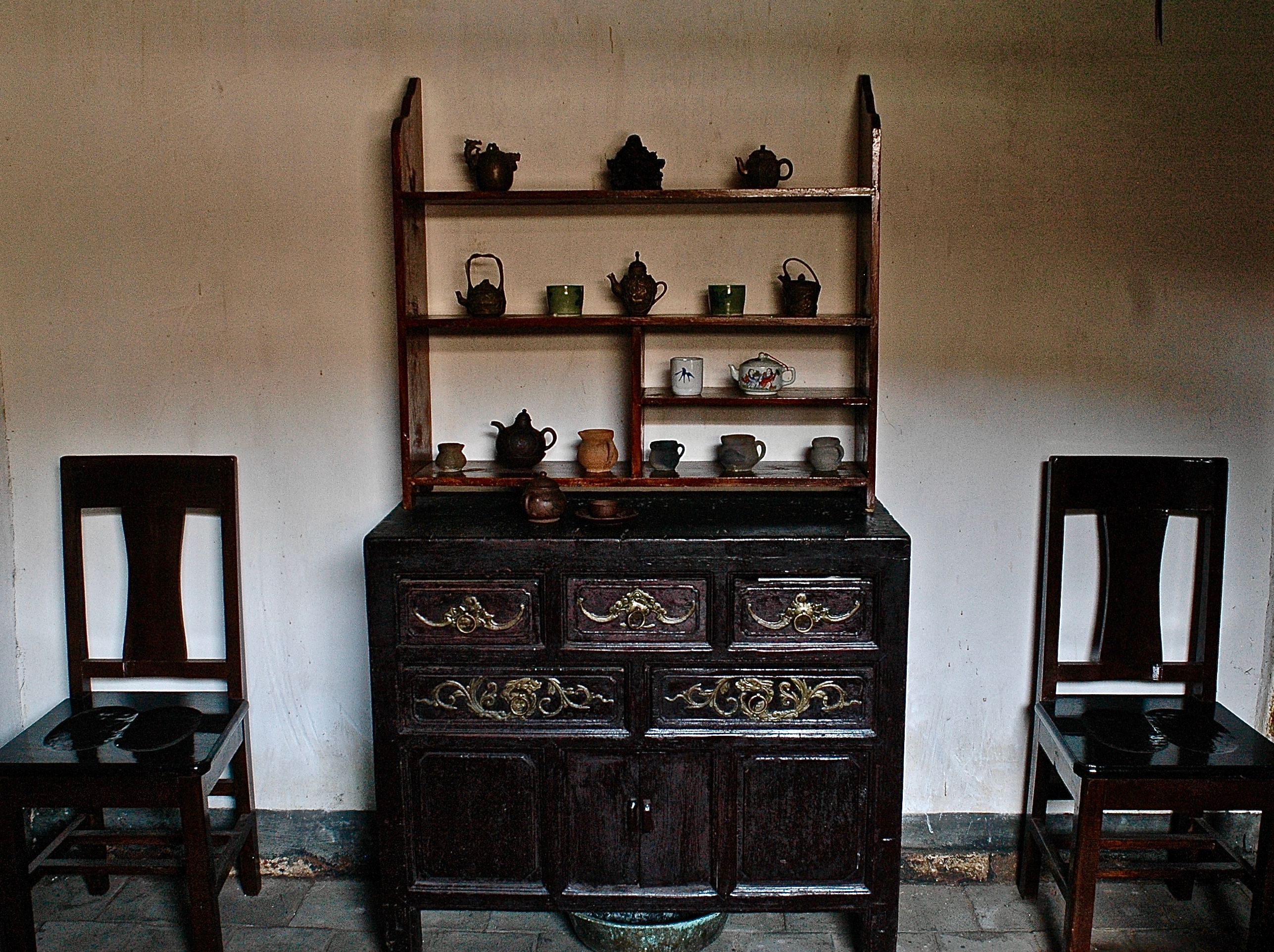A simple tea room in Weishan, Yunnan, and one of the only tea rooms in my life that I failed to actually have tea in. Weishan was another of the understated hubs along the Tea Horse Road, and it marks another of the tea growing regions of Yunnan, north of Xishuangbanna. While so many of the Tea Horse Roadʻs spaces and faces were larger than life epic tapestries and living maps, there were an equal number of graceful, understated, and hidden elements. This was one of those.
From Weishan, many Muslim caravan teams (who were known as rugged and more vitally ‘on time’ with their shipments) were based. Trader hubs inevitably saw more opulence enter into their walls and cities than did many of the more remote destinations. Caravan teams were usually enlisted for only certain sections or routes, so it was in many cases only the tea that made the huge journeys from start to finish. Mules, humans, sheep, horses, and yak would all be transition as the route moved into different topographies and cultural hubs. One muleteer explained effective traders and muleteers dthis way, “A good muleteer is a linguist, a fighter, a negotiator, and someone who is smart enough to know when he doesn’t know enough”.

